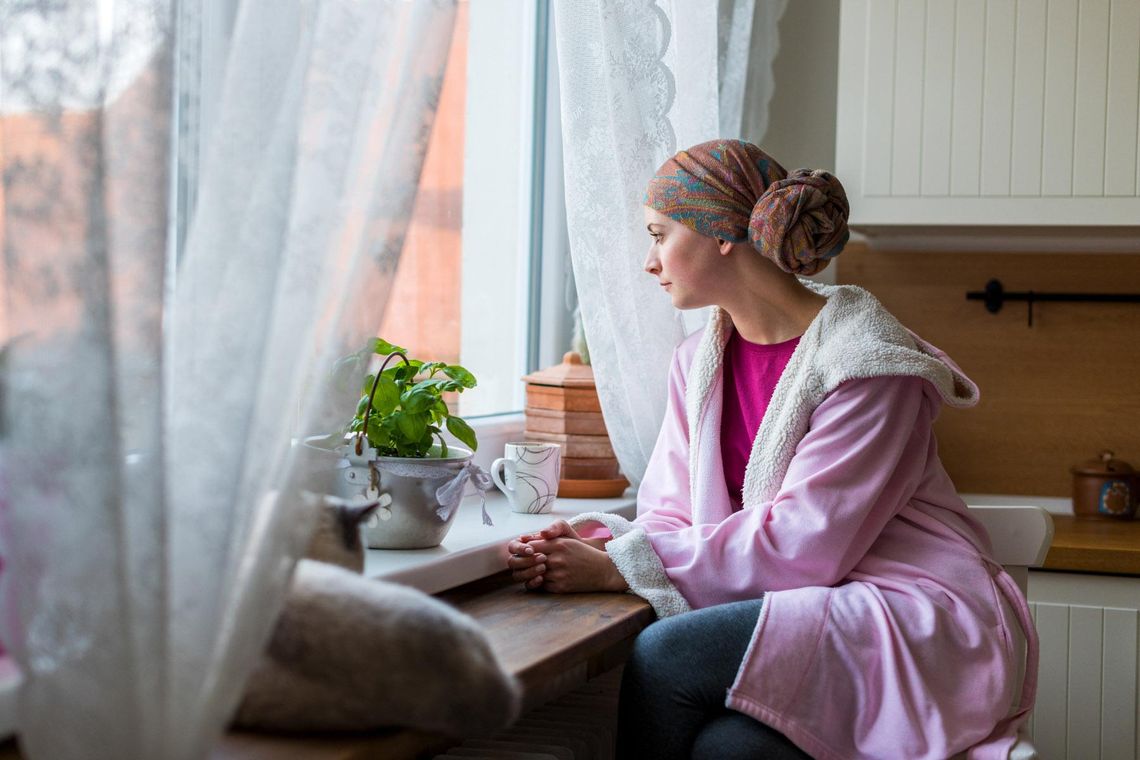Rising unemployment, mandatory stay-at-home orders and an overburdened health care system are causing a perfect storm for breast cancer patients who have concerns or need care, according to the experts at Susan G. Komen.
“People who have been impacted by breast cancer or who are concerned that they may have breast cancer need help getting the care they need now more than ever,” says Paula Schneider, CEO of Susan G. Komen.
That’s why Komen has established a COVID-19 Action Fund to provide people and organizations an opportunity to support the unique needs of breast cancer patients during this health and economic crisis.
New Risks
Breast cancer doesn’t break for a global pandemic. It is estimated that in 2020 there will be more than 279,000 new cases of invasive breast cancer in the U.S., according to the American Cancer Society. Unfortunately, some of the common therapies used to treat breast cancer, like chemotherapy, can cause immune systems to be compromised both during and for a period after treatment ends, putting patients at higher risk for getting the novel coronavirus disease.
How People Can Help
Komen remains committed to doing whatever it takes to save lives by supporting those most vulnerable within the breast cancer community. The Komen COVID-19 Action Fund supports urgent needs among the breast cancer community during this health and economic crisis. Donors to the fund ensure important services continue for those in need, including:
- Komen’s Breast Care and Clinical Trials Helpline, which is receiving record-high call volume
- Komen’s Treatment Assistance program, which provides financial assistance to patients going through treatment
- Guiding patients through difficult decisions and providing psychosocial support from oncology social workers
- Komen’s advocacy for breast cancer patients and their needs among policy makers
- Funding lifesaving research and clinical trials to discover new treatments
“Whether it’s providing information, finding alternative resources or helping people stay in treatment by providing financial assistance to help remove barriers to care, we are here to help," Schneider said. "But we can only be here for patients if we have funds available to deploy in assisting them.”
To learn more or donate, visit Komen's coronavirus website.
What Patients Should Know
For people looking for support, Komen’s Breast Care Helpline can provide information, social support and help with coping strategies related to anxiety or concerns.
“In this time of social distancing, doctors’ appointments may be delayed, and people may be isolated from their usual sources of support,” said Susan Brown, Komen’s senior director of education and patient support. “We know this can create uncertainty and raises many questions. We are here for you, we care about you, we will support you. Susan G. Komen provides resources online and through our toll-free helpline to help patients, their families and loved ones going through breast cancer so that no one feels alone in a time of need.”
Calls to the helpline are answered by trained, caring staff members in English or Spanish, Monday through Friday from 9 a.m. to 10 p.m. ET. The helpline can be reached by phone at 1-877-GO-KOMEN (465-6636), or by email at [email protected].
The experts at Komen noted that while they support delaying routine screening during this health crisis for healthy women of average risk who are not displaying warning signs of cancer, they strongly encourage people to know what is normal for them, and to report to their health care provider any changes. The warning signs for breast cancer are not the same for all women. The most common signs are changes to the look or feel of the breast, and a full list of warning signs for breast cancer can be found at komen.org. Contact a doctor if you notice any change in your breast.
The COVID-19 pandemic is new, unprecedented and confusing, but for those with breast cancer, there are additional challenges and no one should feel alone. New resources are helping breast cancer patients connect with the information, care and support they need.










